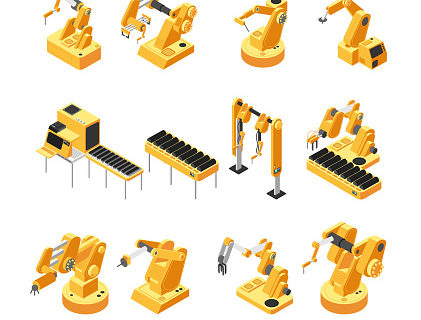By Selin Cetinelli, Unilever Consumer and Market Insight Director, NAMETRUB
“The pace of change has never been this fast, yet it will never be this slow again.”
This is a quote which has touched not just digital companies but all industries in its own way. Market research is no different. With the evolution of technology in our daily lives, research methodologies have also been trying to keep up with this pace by introducing the latest approaches of what we can do in understanding our consumers and providing them better innovations. Unilever has been going through this journey to transform its consumer and market insight capabilities to stay ahead with the change in the world.
Before we go into the details of how market research is impacted by all this, lets take a moment to look at its impact on businesses overall. Despite the availability of most up to date technologies and big data analytics, according to 100 First Hits (see Figure 1), the primary reason for start-up failures is ‘building something nobody wants’. Why is that?
To understand the root cause of this statistic, and more importantly, how the majority of the cases land successfully, we need to take a closer look at how start-ups operate. Since Eric Ries’s bestselling book The Lean Start-up was published in 2011, his principles of iterative development and continuous innovation have largely come to define the start-up approach to business. FMCG giants like Unilever were built to be a big machine with a structured process which worked and gave us efficiencies until our modern world and technology allowed smaller companies and brands to respond to consumer needs/wants faster and scale up. Small companies and brands can now sell via internet, produce via third parties, and get funding through VCs. All this disrupts the innovation business model and thus we need to adapt quickly to today’s world. The focus of this article is on how lean innovation works and how a company like Unilever has taken on this lean approach to redefine its innovation testing strategy.
What is lean, not lean?
One of the biggest differences with how start-ups innovate is that they are ‘lean’. Their focus is on constantly learning and revising vs just developing and building in a linear process as in large companies which were originally built to scale. Lean innovation focuses on increasing efficiency by capturing consumer feedback early and minimising waste in product development. The process prioritises experimentation over elaborate planning, and celebrates continuous, incremental improvement.
Innovation is about offering value to consumers – not just selling new products and line extensions – it is about offering better solutions than their current ones.
If you’re an ESOMAR member you can read the full article in MyESOMAR in the digital copy of Research World. If you are not a member of ESOMAR you can join and receive a free copy of Research World 6 times a year or alternatively you can sign up for a subscription of the magazine in our publications store.


